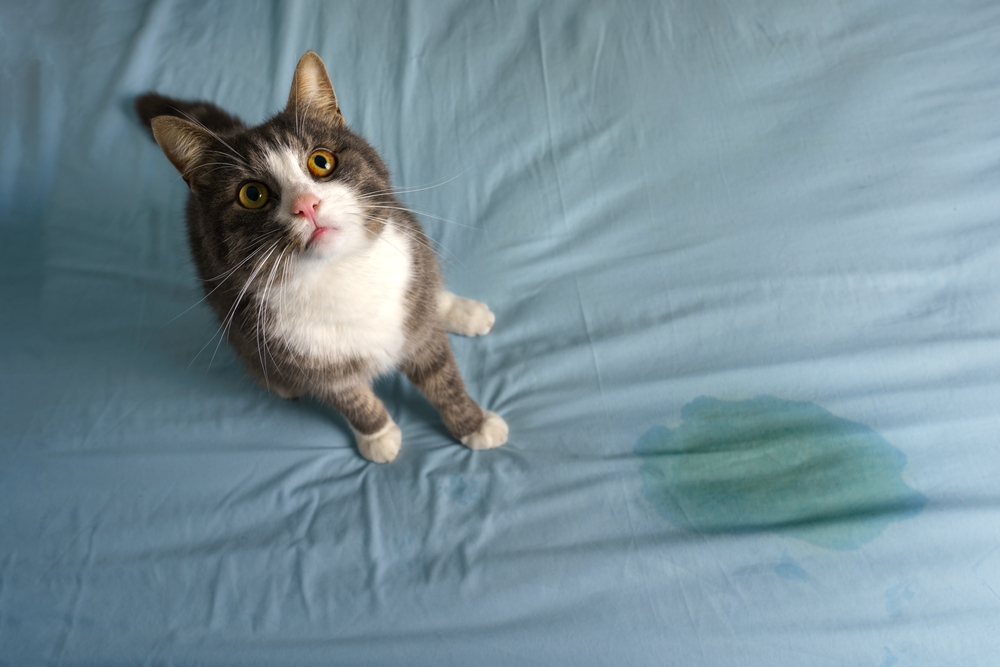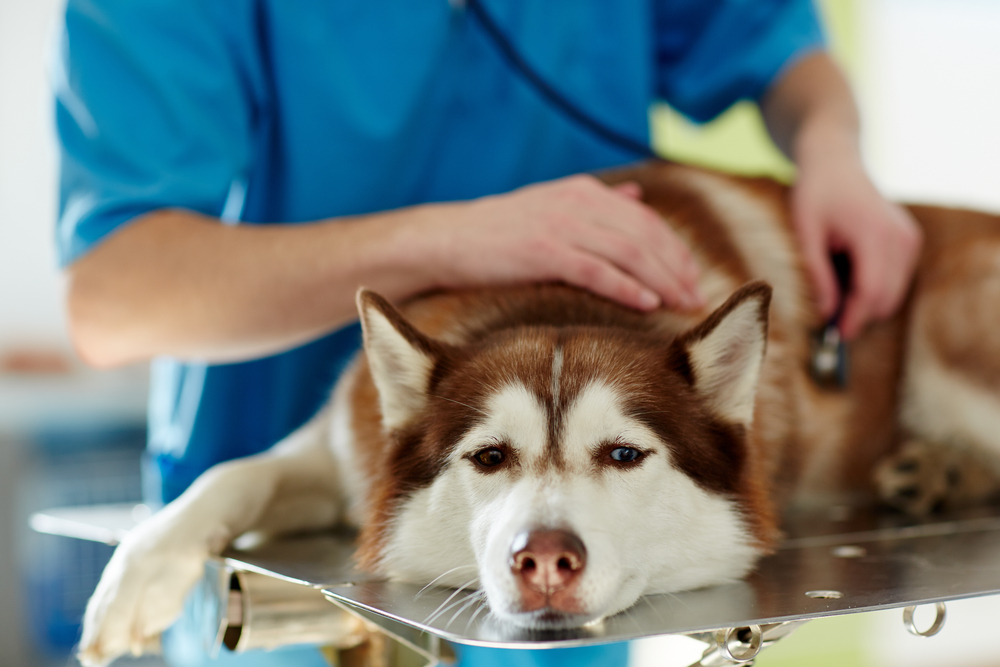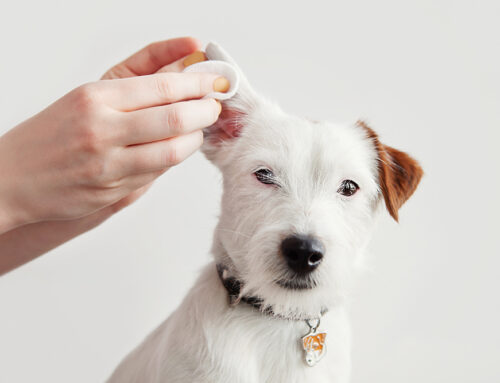Your pet is a valuable family member, and you do everything you can to keep them healthy and happy. However, unlike your human family members, your pet can’t tell you when they are feeling unwell. When considering your pet’s health, err on the side of caution to avoid missing potential issues that can negatively impact your furry pal’s quality of life. Read about five signs that indicate our Memorial Villages Animal Hospital team should examine your pet. The signs that indicate your pet needs veterinary care include:
#1: Your pet’s eating or drinking habits change suddenly
Your pet’s eating and drinking habits are the most obvious clues about their overall health. Subtle behavioral changes may indicate that your pet has a serious health problem, including:
- Dental disease — Dental disease can cause your pet significant discomfort. Inflamed gums, fractured teeth, and exposed pulp are extremely painful conditions that can make eating painful for your pet.
- Kidney disease — In a cat or dog with kidney disease, these organs fail to filter toxins from their bloodstream effectively, and water is pulled from the blood in an attempt to flush their body’s toxins and metabolic wastes. These signs cause your pet to become dehydrated, drinking and urinating more.
- Hormonal or endocrine disease — Endocrine disorders that affect your pet’s regulatory hormones can interfere with their eating and drinking habits. Common endocrine disorders in pets include diabetes, Cushing’s disease, hyperthyroidism, hypothyroidism, and Addison’s disease.
- Gastrointestinal (GI) issues — A variety of conditions can lead to GI issues, from mild stomach upset to a blockage. When your pet experiences diarrhea, constipation, nausea, or vomiting, their appetite and thirst decrease.
Our Memorial Villages Animal Hospital team should examine your pet for any significant changes in their eating and drinking habits. If your pet appears to be losing weight seemingly overnight, they may have developed a serious condition that requires immediate treatment
#2: Your pet vomits repeatedly
Vomiting can signal various health problems, ranging from mild to severe. While occasional vomiting may not require a veterinary visit, if your pet is vomiting repeatedly within a 24-hour period, cannot keep down food or water, develops blood in their vomit, or shows other illness signs, seek veterinary care.
#3: Your pet is having difficulty breathing
A pet normally pants after physical activity, and an occasional cough or sneeze is rarely cause for alarm. However, if your dog is panting excessively while at rest, or if your cat is open-mouth breathing, they may have an issue with their heart or lungs, and our Memorial Villages Animal Hospital team should examine your furry pal.
#4: Your pet is lethargic
A lack of energy and enthusiasm, lethargy can indicate a multitude of health conditions. A lethargic pet may have a reduced appetite, be less interested in playing or interacting with others, seem disinterested in what has normally excited them, appear weak and stiff when moving, or hesitate to walk or engage in physical activities they once enjoyed. If your pet becomes lethargic for an extended period, or if their lethargy develops quickly and appears severe, an examination can help determine the cause, and your veterinarian can provide treatment to help your furry pal feel like themself again.
#5: Your pet’s bathroom habits change

A cat who refuses to use the litter box or a dog who begins soiling your favorite rug is not only frustrating for you, but can also indicate they have health problems that require veterinary care. A cat who urinates inappropriately is always indicative of a problem, and prompt veterinary attention is necessary. Any health condition that causes your cat discomfort can lead to inappropriate elimination, including a urinary tract infection (UTI), feline idiopathic cystitis (FIC), kidney disease, diabetes, and arthritis. If your dog is potty trained but has begun defecating in the house, something may have changed in their routine or diet, or they may have an underlying health issue. Any medical condition that leads to inflammation of your dog’s intestines or an increased sense of urgency to eliminate can cause them to have an accident inside the house. Your dog’s veterinarian can check for internal parasites and other GI issues that may be causing your furry pal’s changed bathroom habits.
Early diagnosis and treatment for your pet’s health issues can improve their quality of life and increase their chances for a full recovery. If you are concerned about changes in your pet’s behavior or want to schedule their wellness exam, contact our Memorial Villages Animal Hospital team.









Leave A Comment